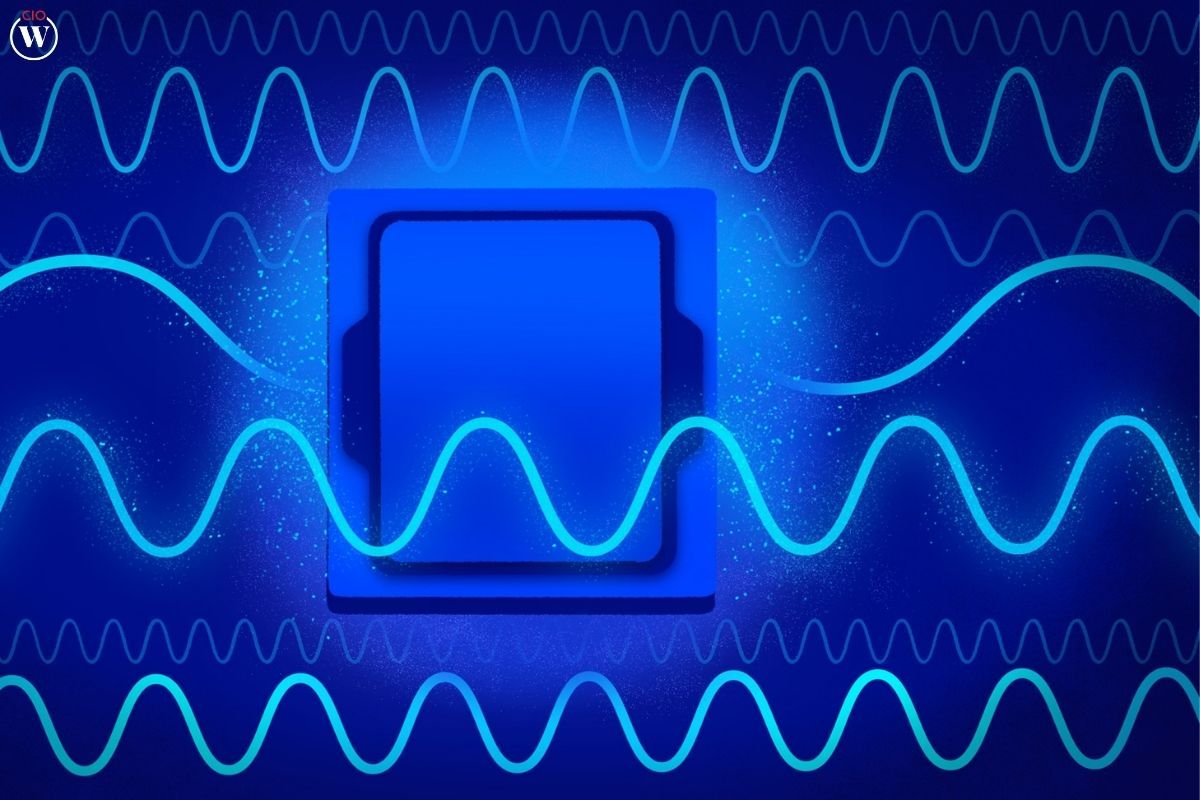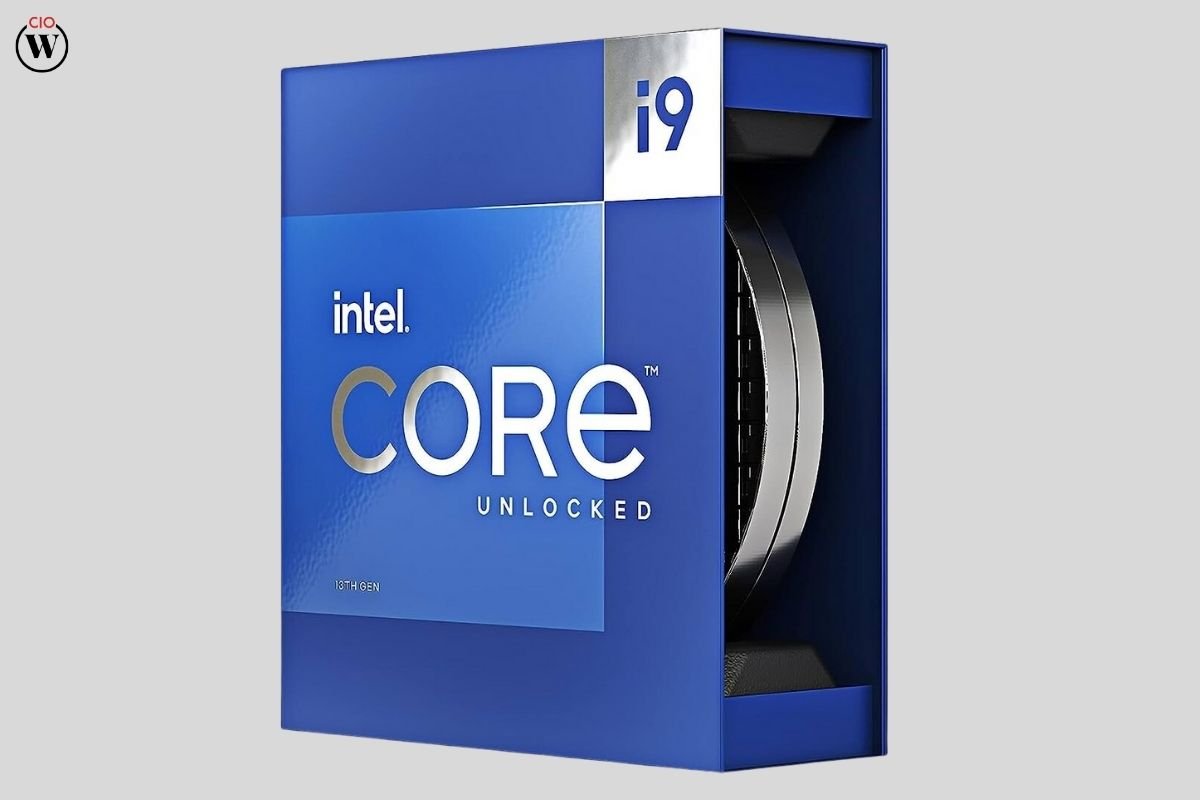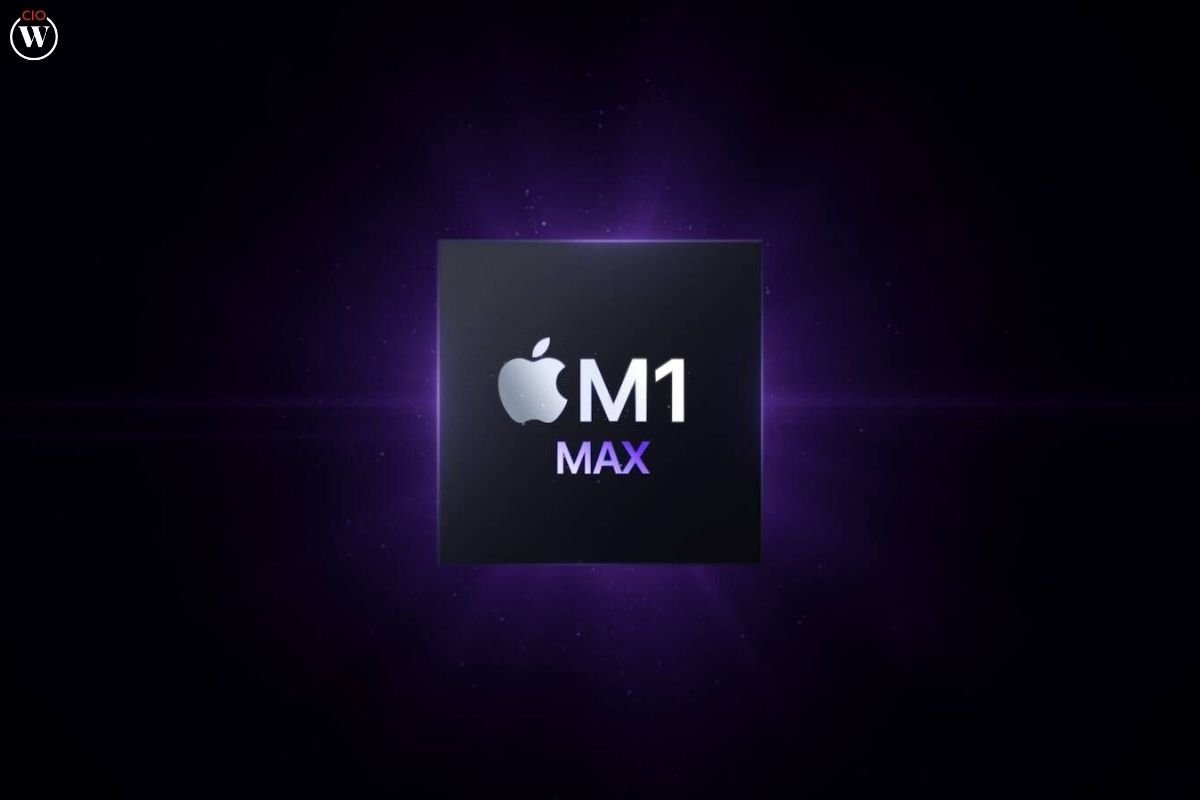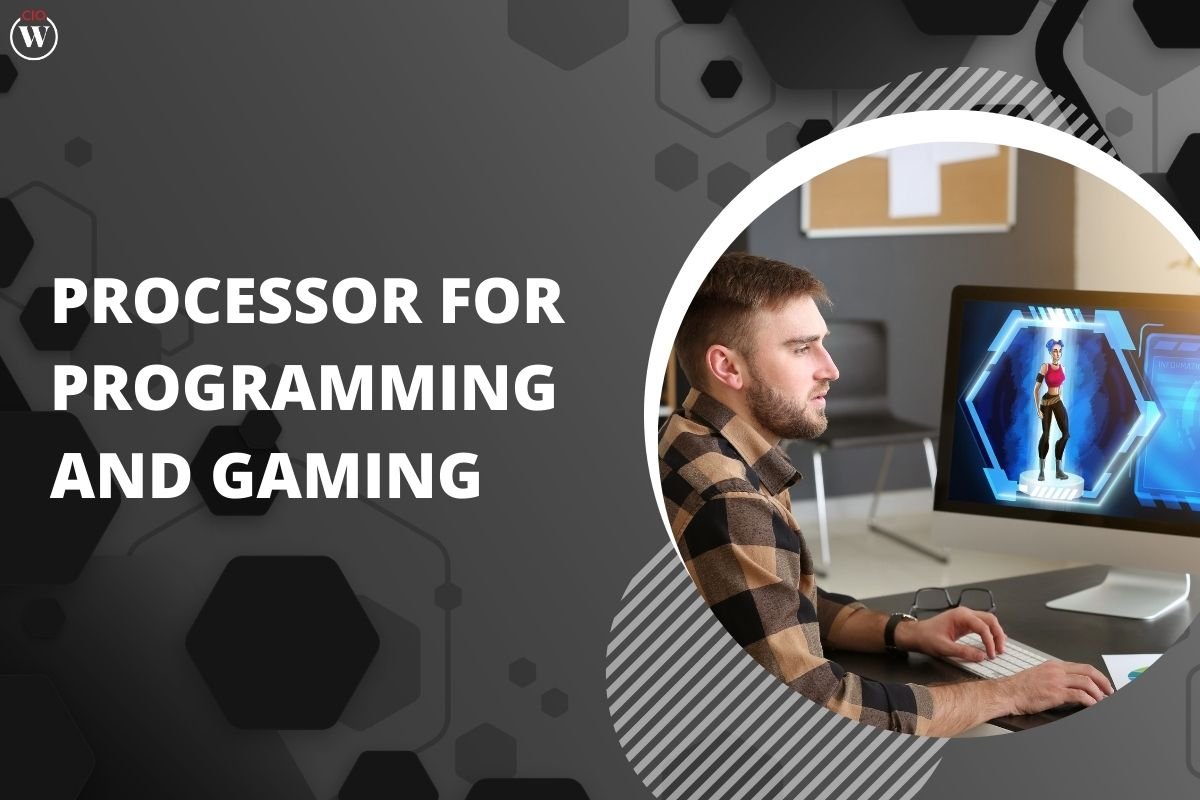In today’s technologically driven world, selecting the right processor for programming and gaming is crucial for achieving optimal performance and efficiency. The processor, often referred to as the Central Processing Unit (CPU), is the brain of the computer, handling instructions from both the operating system and applications. Whether you are a developer compiling code or a gamer navigating through immersive worlds, the choice of a processor can significantly impact your experience. This article will delve into the essential aspects of choosing the right processor for programming and gaming, exploring different options and their benefits.
Understanding the Importance of a Processor for Programming and Gaming
The processor’s role in a computer system is paramount. It executes instructions, processes data, and manages system resources. For programming, a robust processor can compile code faster, run multiple development environments smoothly, and perform complex calculations without lag. Similarly, in gaming, the processor affects frame rates, load times, and the overall fluidity of the gameplay. Hence, choosing the right processor for programming and gaming is not just about speed; it’s about ensuring a seamless, efficient, and enjoyable experience.
Key Factors to Consider When Choosing a Processor

- Clock Speed: Measured in GHz, clock speed indicates how many cycles a CPU can perform per second. Higher clock speeds generally mean better performance, especially for tasks that require fast, single-threaded execution, which is common in both programming and gaming.
- Core Count: Modern processors come with multiple cores, allowing them to perform multiple tasks simultaneously. For programming, particularly in environments like multi-threaded applications and virtual machines, more cores can significantly enhance productivity. In gaming, more cores can improve performance in games that are optimized for multi-core CPUs.
- Cache Memory: Cache is a small amount of high-speed memory located within the CPU. It stores frequently accessed data and instructions, reducing the time needed to access them from the main memory. A larger cache can lead to improved performance in both programming and gaming tasks.
- Thermal Design Power (TDP): TDP refers to the amount of heat a CPU generates under maximum load. A processor with a lower TDP can be beneficial for maintaining a cooler and quieter system, especially important in prolonged programming sessions or intense gaming marathons.
- Compatibility: Ensure the processor is compatible with your motherboard. Factors such as socket type and chipset support must align to avoid any hardware incompatibility issues.
Top Processors for Programming and Gaming in 2024
With the factors above in mind, let’s explore some of the best processors for programming and gaming available in 2024:
1. AMD Ryzen 9 7950X
- Clock Speed: 4.5 GHz (up to 5.7 GHz)
- Cores/Threads: 16/32
- Cache: 64MB L3
- TDP: 105W
- Performance: The Ryzen 9 7950X is a powerhouse, offering exceptional multi-threaded performance, making it ideal for heavy-duty programming tasks like compiling large codebases or running multiple virtual machines. For gaming, its high core count and clock speed ensure smooth gameplay even in the most demanding titles.
2. Intel Core i9-13900K

- Clock Speed: 3.7 GHz (up to 5.8 GHz)
- Cores/Threads: 24 (8P+16E)/32
- Cache: 30MB L3
- TDP: 125W
- Performance: The Core i9-13900K combines high single-threaded and multi-threaded performance, making it a versatile choice for both programming and gaming. It excels in tasks that require fast, responsive performance, such as real-time data processing and high-end gaming.
3. AMD Ryzen 7 7800X3D
- Clock Speed: 4.2 GHz (up to 5.0 GHz)
- Cores/Threads: 8/16
- Cache: 96MB L3 (3D V-Cache)
- TDP: 105W
- Performance: Known for its impressive gaming performance due to the 3D V-Cache, the Ryzen 7 7800X3D also provides solid multi-threaded capabilities for programming. It’s a balanced choice for those who want strong performance in both areas without breaking the bank.
4. Intel Core i7-13700K
- Clock Speed: 3.4 GHz (up to 5.4 GHz)
- Cores/Threads: 16 (8P+8E)/24
- Cache: 25MB L3
- TDP: 125W
- Performance: The Core i7-13700K is a great mid-range option that offers excellent value for its price. It delivers good performance for coding, testing, and running development tools, while also being capable of handling modern games with ease.
5. Apple M1 Max

- Clock Speed: Not directly comparable (ARM architecture)
- Cores/Threads: 10/10
- Cache: 64MB L3
- TDP: Integrated (efficient design)
- Performance: While primarily known for its efficiency and integration in MacBook Pros, the M1 Max provides a formidable performance for development tasks, particularly in environments optimized for ARM. Its GPU capabilities also support gaming, although limited to games available on macOS.
Balancing Programming and Gaming Needs
When selecting a processor for programming and gaming, it’s essential to balance your specific needs. Here are some tips to help you make the right choice:
- Evaluate Your Workload: Consider the types of programming tasks you frequently perform. If you work with large codebases, multi-threaded applications, or virtual machines, opt for a processor with more cores and threads. For gaming, ensure the processor can handle the graphical demands of your favorite titles.
- Future-Proofing: Technology evolves rapidly, so investing in a processor that can handle future software updates and game releases is wise. Look for CPUs that offer headroom for growth, ensuring your system remains relevant for years to come.
- Budget Considerations: While high-end processors offer top-tier performance, they come at a premium price. Assess your budget and determine the best processor you can afford that meets both your programming and gaming needs.
- Thermal Management: High-performance processors generate significant heat. Invest in a good cooling solution to maintain optimal temperatures and ensure long-term stability and performance.
Conclusion
Choosing the right processor for programming and gaming is a critical decision that impacts both your productivity and entertainment. By understanding the key factors such as clock speed, core count, cache memory, TDP, and compatibility, you can make an informed choice that suits your specific needs. The AMD Ryzen 9 7950X, Intel Core i9-13900K, AMD Ryzen 7 7800X3D, Intel Core i7-13700K, and Apple M1 Max are among the top contenders in 2024, each offering unique strengths for different scenarios.
Ultimately, the best processor for programming and gaming will depend on your individual requirements and budget. By evaluating your workload, considering future-proofing, balancing your budget, and ensuring proper thermal management, you can select a processor that will provide a seamless, efficient, and enjoyable experience for years to come. Whether you’re compiling complex code or embarking on epic gaming adventures, the right processor will be the cornerstone of your computing experience.









